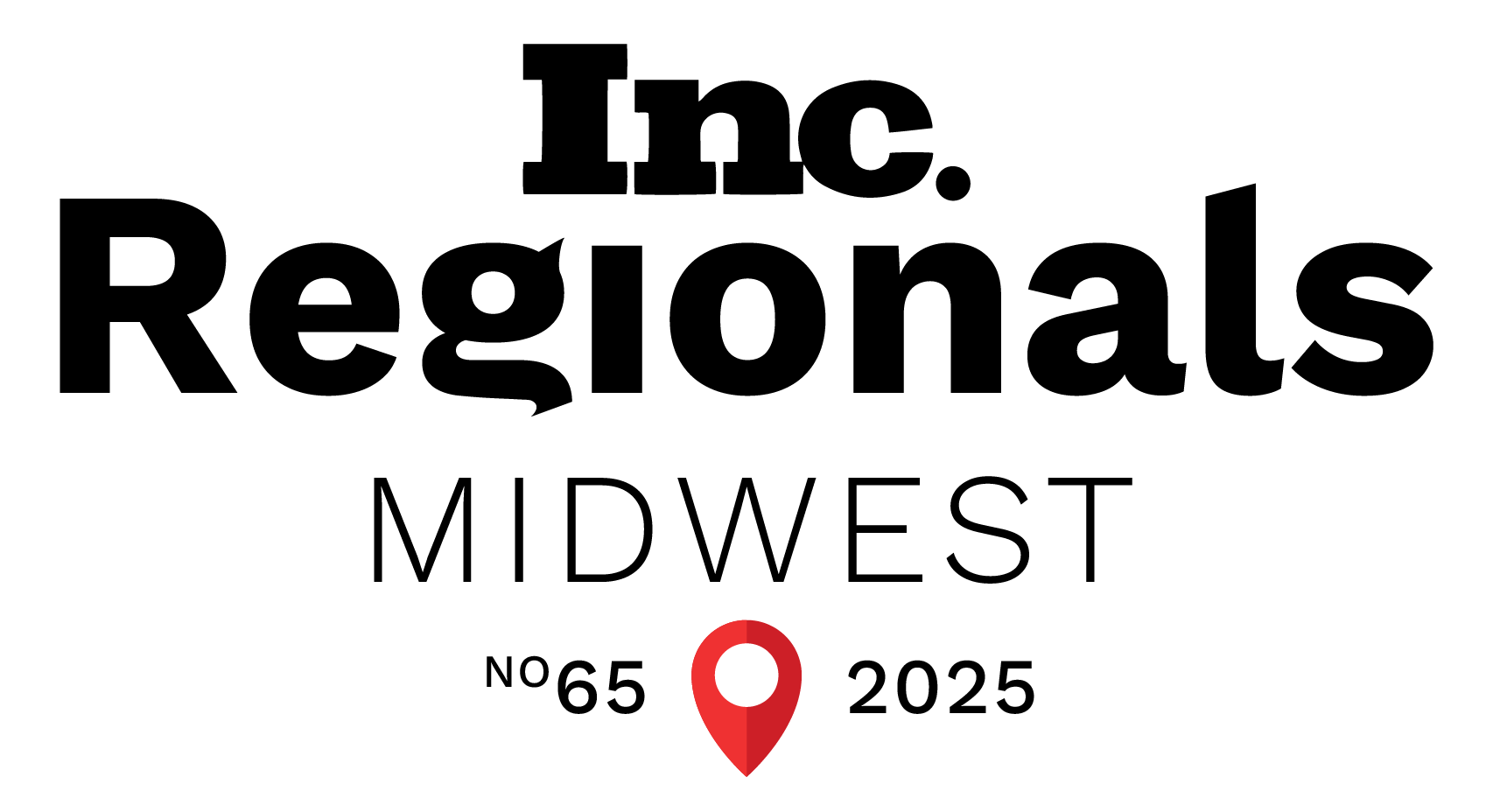5 Benefits of Working From Home

In This Article
Working remotely has become a familiar phrase in the past year. Though remote working is not a new phenomenon, the opportunity and necessity of remote work have wildly increased as a result of the COVID-19 pandemic. Many of us have gone through the transition ourselves, moving our work lives into the home. Working from home can look like an in-home office, a kitchen table, or a makeshift workstation wherever there’s room available. Whatever your situation may be, it’s a different environment from being in the office.
Remote work became a certainty as we moved forward into the pandemic. In 2018, 5 million people worked from home. Since states began shutting down, more and more people transitioned to remote work. According to the PEW research center’s study conducted in October, 71% of workers in the United States say they are working from home either all or most of the time. Now that life is starting to open back up, many companies are wondering if there is justification to bring workers back into the office.
There is an obvious convenience about working from home, yet has remote working become more of a wanted trend than a necessity? According to Global Workplace Analytics, that is not the case. There have been studies performed showing the economic prosperity that remote work is economically beneficial. A lot of value can be found in working remotely. If you are considering transitioning employees to telecommuting or on the fence about keeping employees remote, consider these five benefits of working remote.
Benefits of Working Remote
1. Higher Productivity
In a study done by Stanford, people working remote lead to a 13% increase in work performance. The actual work done per shift increases by 9% between taking fewer breaks and fewer sick days. Teleworkers are also, on average, 35-40% more productive than their coworkers who remain in the office.
2. Saving Money
This benefit is two-fold. Employees benefit by working from home by saving between $2,500 to $4,000 per year, and that’s just from working from home part-time. This amount is an estimate based on expenses such as travel and parking. In non-monetary terms, working remote saves time commuting to and from work, which can add up to an estimated 11 workdays.
As a company, your business saves an estimated $11,000 per year for every part-time employee who telecommutes. The savings comes from a combination of elements including less space to pay for, less absenteeism, and more employee productivity.
3. Expand Your Network
Remote working means that geographic constraint is no longer an issue. The pool of potential employees now broadens to entire regions, or bigger. MIT researchers show the benefits of working remote as well as hiring remote. Recruitment can now happen completely online for positions that are available remote. The choice of applicants has expanded to a point that is quite limitless.
4. Satisfaction Leads to Retention
Working remotely has provided employees the ability to be flexible, an option that workers are even willing to take a pay cut for. Remote working gives an employee the availability to, in a sense, be in control of their surroundings and of their own time.
Yes, it is true we have to acknowledge that hardship can and does come with life happening all in one space, but for many people, the opportunity to stay at home has been a healthy adjustment. More time with home means less time commuting and the ability to manage a healthy work-life balance. In fact, 54% of people who work in an office setting say they would leave their current job for a position that offers work time flexibility.
5. Increased Performance
When employees are happy with their job positions and flexible schedule, you may see employees performing better. Performance goes hand in hand with satisfaction. If an employee is satisfied with their job and in their life, they are more likely to perform better at job tasks. Working at home actually relieves some of the pressure of being looked over and allows the employee autonomy. Since they are in charge of their duties, there is a sense of greater independent responsibility.
Kate Lister of Global Workplace Analytics speaks about the trust between managers and employees. Before the pandemic, a lot of jobs that could have been remote were not because managers and executives did not feel that their employees could accomplish a task without direct management.
However, since going remote, results of quality work have been the tool of measurement rather than seeing employees work at a desk. Using virtual tools have helps with engagement, and workers are producing results that prove their productivity. It turns out trust is a big component in employee performance.
Going Remote Works
Remote work can seem scary at first. Economists have found a pattern where adopting new technology may, at first, takes a dip in productivity as the transition is made. But, once the learning curb has subsided, there is a major increase in efficiency and output.
We as humans are capable to adapt to our surroundings. Remote working is no exception. The investment into remote working pays off. If you have questions about the benefits of working remote, adapting to remote work, or want to chat about working remotely with Metric Marketing, connect with us today!
Must-read articles
Looking for something else?
There's so much more
Ready to Inquire?














